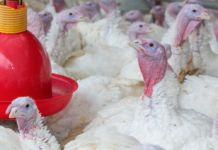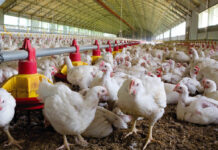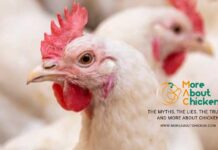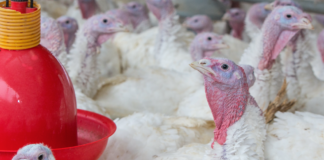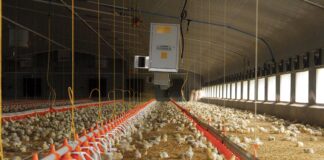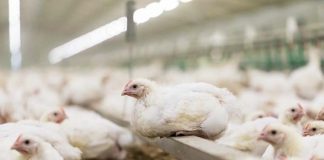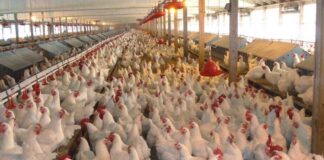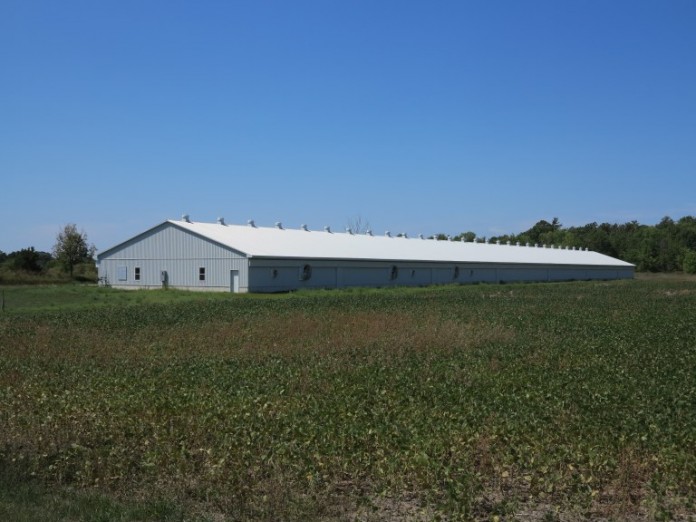
Infectious bronchitis infections continued to increase this year in the Ontario broiler, broiler breeder and layer sectors.
Infectious bronchitis virus (IBV) can be spread by aerosol, ingestion of contaminated feed and water, and contact with contaminated equipment or clothing.
The IB virus is not transmitted directly from the hen to the embryo in the egg. Variant virus strains, very different to the commercial vaccine virus strains, continue to be isolated.
Clinical signs can include:
- increased mortality with or without respiratory signs,
- stall in growth rate,
- decrease in egg production in laying birds,
- and increased condemnations.
The virus is fragile, easy to kill if exposed to warmer temperatures or disinfectants, but it will survive longer if protected in organic material. Properly implemented biosecurity is the poultry producer’s first line of defence against IBV. Your farm biosecurity protocols should be well thought out, stringently implemented and continuously followed.
The following is a list of suggested biosecurity measures for Ontario poultry farms:
- Each farmer, employee and every person entering any poultry barn must put on clean footwear, protective clothing and follow all biosecurity protocols.
- Minimize visits to other poultry production sites and avoid any commingling of birds.
- Avoid exchanging equipment with other poultry production sites.
- Ensure all vehicles/farm equipment that access the barn vicinity are clean and that the laneway is restricted/secured.
- If possible, have a pressure washer or a hose available to wash tires and equipment, and make this available to all service vehicles and visitors.
- If possible, “heat treat” the barn/litter after cleanout and introduction of new bedding, and in advance of bird placement (to 32° C or 90° F for a minimum of 2-3 days).
Note the floor under the bedding must reach 32° C for this technique to be effective. The temperature should be measured with an appropriate thermometer (consider an infrared thermometer) at multiple locations along the inside perimeter of the barn at least three times a day.
Although commercial IBV vaccines are not directly protective against variant strains, they may provide some local immunity; therefore, it is recommended to use a robust vaccination program in accordance with your veterinarian’s recommendations.
Industry is investigating regulatory requirements to import vaccine to protect against the new strain that has been isolated.


